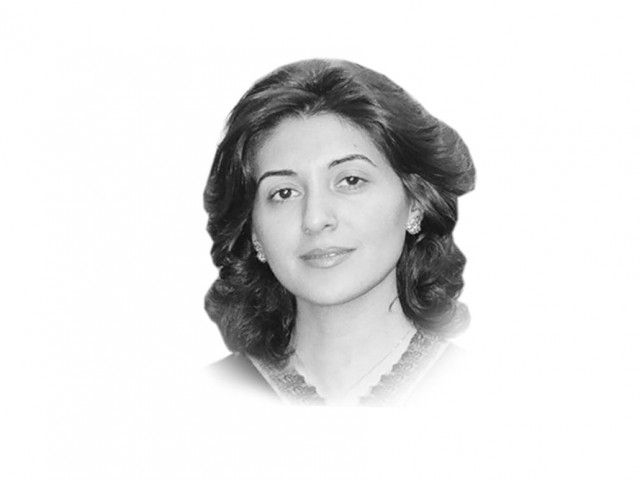WikiLeaks — the people deserve to know
If there is one thing we can say about Julian Assange, it is that he must be independent.

WikiLeaks — the people deserve to know
Regarding Pakistan, on the nuclear weapons front, three suspicions are confirmed. First, they provoke paranoia and deep-seated fear in the western world. Second, the Pakistani establishment continues to rapidly enhance its nuclear arsenal at the expense of money that could be spent on education and healthcare. Third, nuclear weapons have served as a deterrent for India, which may otherwise have already engaged Cold Start. And while a Pakistani general is quoted as saying that in that eventuality “the Pakistani Army would be no match for the Indian Army”, a US mission is quoted as saying that “India would likely encounter very mixed results”. Other suspicions are also confirmed on avid US interest in Balochistan, a resource-rich province. Karzai is sheltering Bramdagh Bugti while Pakistan shelters Mullah Baradar. While Afghanistan (with Indian help) supports the Baloch insurgency, Pakistan supports the Afghan Taliban. The Americans have considered arranging a swap in securing Bramdagh asylum in Ireland and extraditing Barader to Kabul, but the ISI did not agree. Pakistan and Iran have had to postpone plans for a rail link due to Baloch uprising on both sides of the border.
While there has been much furore in Pakistan over what the Saudi monarch thinks of Zardari, the far more important issue is that the Saudi monarch, along with Bahrain’s khalifa, Abu Dhabi’s crown prince and other Arab leaders, has egged America on to attack Iran. Although it is widely known that Iran and Saudi Arabia are not buddies, to encourage America militarily has prompted at least one Arab paper’s editor to demand an explanation, though most remain head-in-sand, avoiding mention of the story. The Arab street most likely does not reflect their leaders’ views. Although Iran’s official reaction and that of its English channel, Press TV, has been dismissive and inclined to blame the usual suspect, it is unlikely that this revelation will not further divide the Iranians and the Arabs. Also noteworthy are cables that reveal the US supporting Kurdish separatists, the PKK, by arming them against Turkey.
There are also revelations about Americans spying on UN officials and preventing independent investigations on human rights abuses in countries like Spain. UK Prime Minister David Cameron is quoted as stating that “We took in a lot of crazies” while referring to Muslim immigrants in the UK. Prince Andrew, the UK’s special trade representative, has been revealed to have played a part in thwarting an anti-corruption investigation in the infamous BAA-al Yamama deal, in which a Saudi prince has said to have profited handsomely from kickbacks. Zardari is not the only one that has been disparagingly referred to as a “numbskull” by Britain’s ex-chief of defence staff — Russia’s Putin and Medvedev have been described as “Batman and Robin”. From Yemen to China, WikiLeaks have caused a commotion and prompted rebukes across the globe. And thus, if there is one thing we can say about Julian Assange, it is that he must be independent. For better or for worse, the people deserve to know.
Published in The Express Tribune, December 3rd, 2010.















COMMENTS
Comments are moderated and generally will be posted if they are on-topic and not abusive.
For more information, please see our Comments FAQ